This guide breaks down which Vocations (classes) are available in Dragon’s Dogma 2, including a gameplay overview, playstyle tips, and the one you should play.
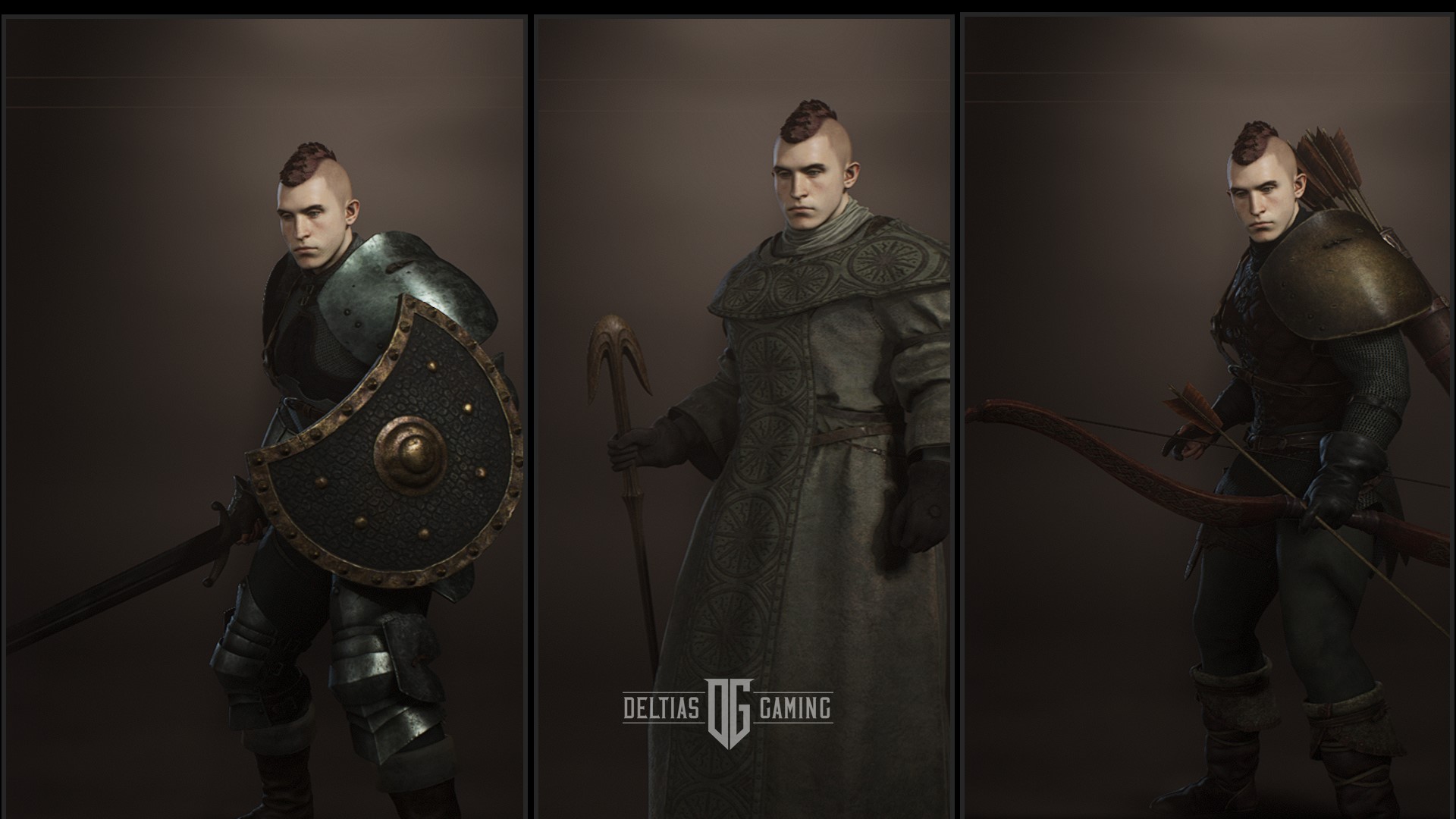
In Dragon’s Dogma 2, vocations or classes determine your available Weapons, Skills, and stat progression per level.
Ten total vocations, four basic or starting vocations, two advanced vocations, and four hybrids can be unlocked throughout the game. The player-controllable character is called the Arisen, while Pawns or companions are helpful allies that follow you around and aid you in combat. The Arisen has access to all vocations, while Pawns are limited in scope. In this guide, we analyze each vocation or class and give you tips and tricks on which you should choose for Dragon’s Dogma 2 based on your playstyle and area of interest.
Which Vocation (Class) Should You Play in Dragon’s Dogma 2?
The best-starting vocation for the Arisen is the Fighter due to its high survivability, while the Mage is the best for Pawns because of its healing capabilities. In Dragon’s Dogma 2, healing is limited, and like any traditional RPG, you want a sturdy front-line Fighter with a supporting character as the foundation of your party. Moreover, Dragon’s Dogma 2 has a max party size of four. Thus, you can round out your group with a range Archer or another melee damage-dealing thief.
In Dragon’s Dogma 2, you can change your vocation and pick an Advanced and/or Hybrid Vocation later in the game. While adventuring, you’ll come across vocation maister’s who have honed their chosen vocation to its pinnacle. By questing and helping those teachers, you can unlock access to their vocation. They might also bestow unique tomes with more advanced skills, known as “maister’s teachings.” The following list presents all Vocations (classes) available in Dragon’s Dogma 2 for Arisen and Pawns:
| Vocation | Type | Used by Pawns |
|---|---|---|
| Archer | Basic | Yes |
| Fighter | Basic | Yes |
| Mage | Basic | Yes |
| Thief | Basic | Yes |
| Sorcerer | Advanced | Yes |
| Warrior | Advanced | Yes |
| Mystic Spearhand | Hybrid | No |
| Magick Archer | Hybrid | No |
| Trickster | Hybrid | No |
| Warfarer | Hybrid | No |
Now, we will go through each of the vocations (class) in Dragon’s Dogma 2, and we hope we have explained which is the best choice for you to play and why.
Related:
Fighter
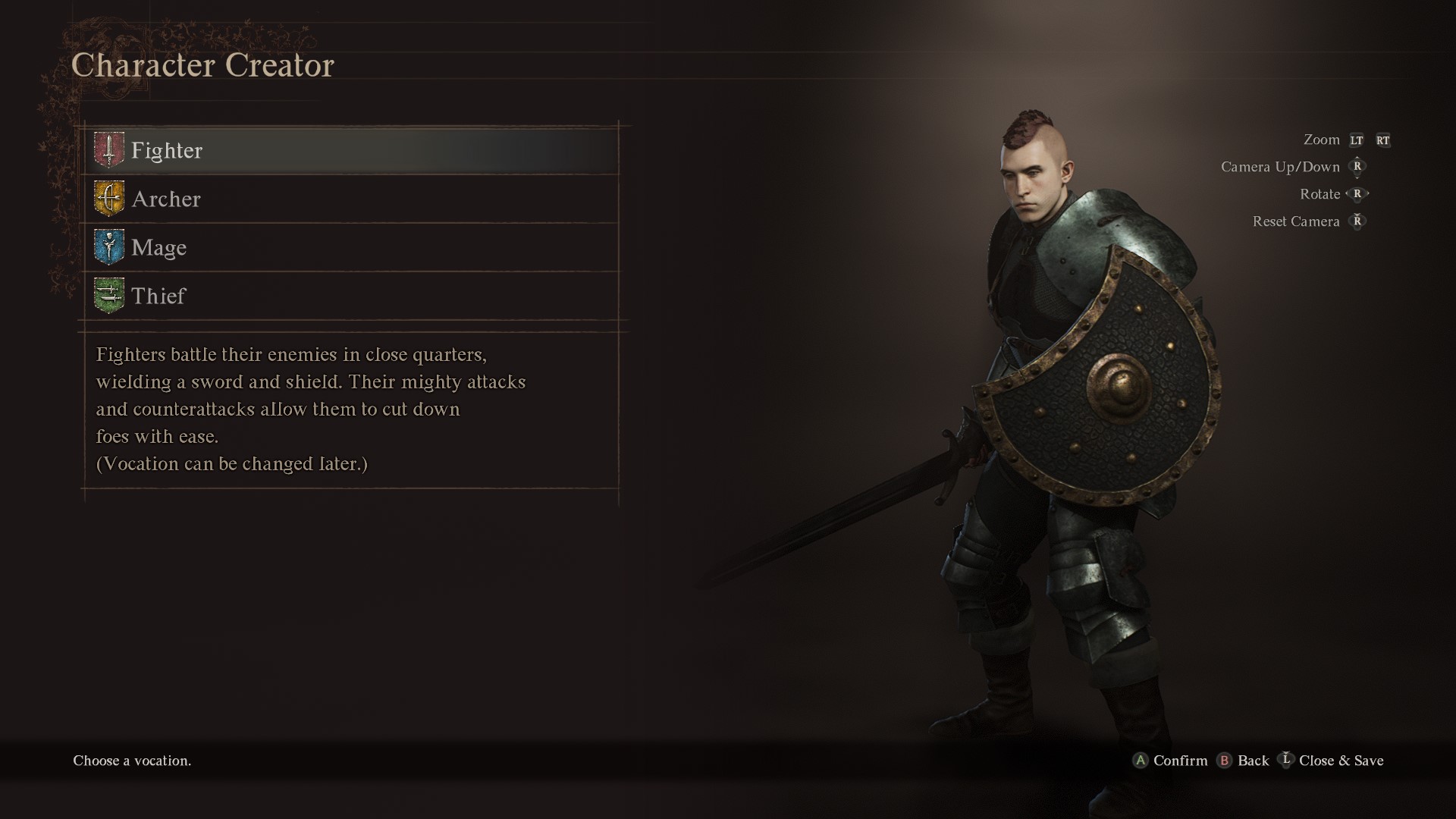
The Fighter vocation is best for your Arisen or Pawn due to its high defensive capabilities, protection, and crowd control.
The Fighter is one of four basic vocations using a sword and shield (tank) from traditional RPGs, prioritizing defense over dealing damage. Moreover, you can “taunt” or draw enemies away from your team. One returning skill from Dragon’s Dogma 1, Empale, allows you to release a stabbing strike forward. You can use this to interrupt and knock down targets, which prevents incoming damage to you and your party.
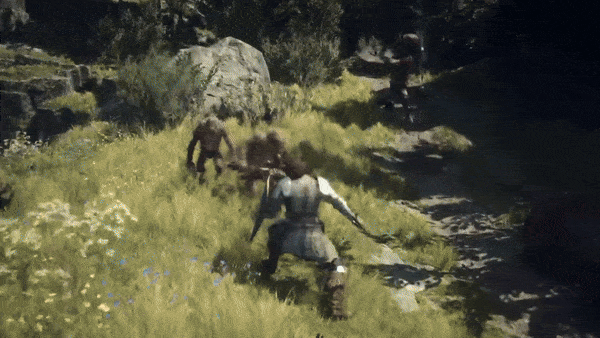
Additionally, the Fighter is an excellent choice for Pawns (companions) when a player (Arisen) wishes to focus on damage or needs protection. Skills like Shield Bash, renamed from Shield Strike, cause minor damage but drop enemies guard. This frees up the player to cast massive damage spells and dominate the damage department. Regardless of your choice, Fighters should be in every party due to their control, defensive potential, and taunts.
The following is a list of the pros and cons of the Fighter Vocation (Class) in our DD2:
| Pros | Cons |
|---|---|
| High Defensives | Lower Damage |
| Crowd Control | Slower Movement |
| Taunts Enemies | Weak Range |
Archer
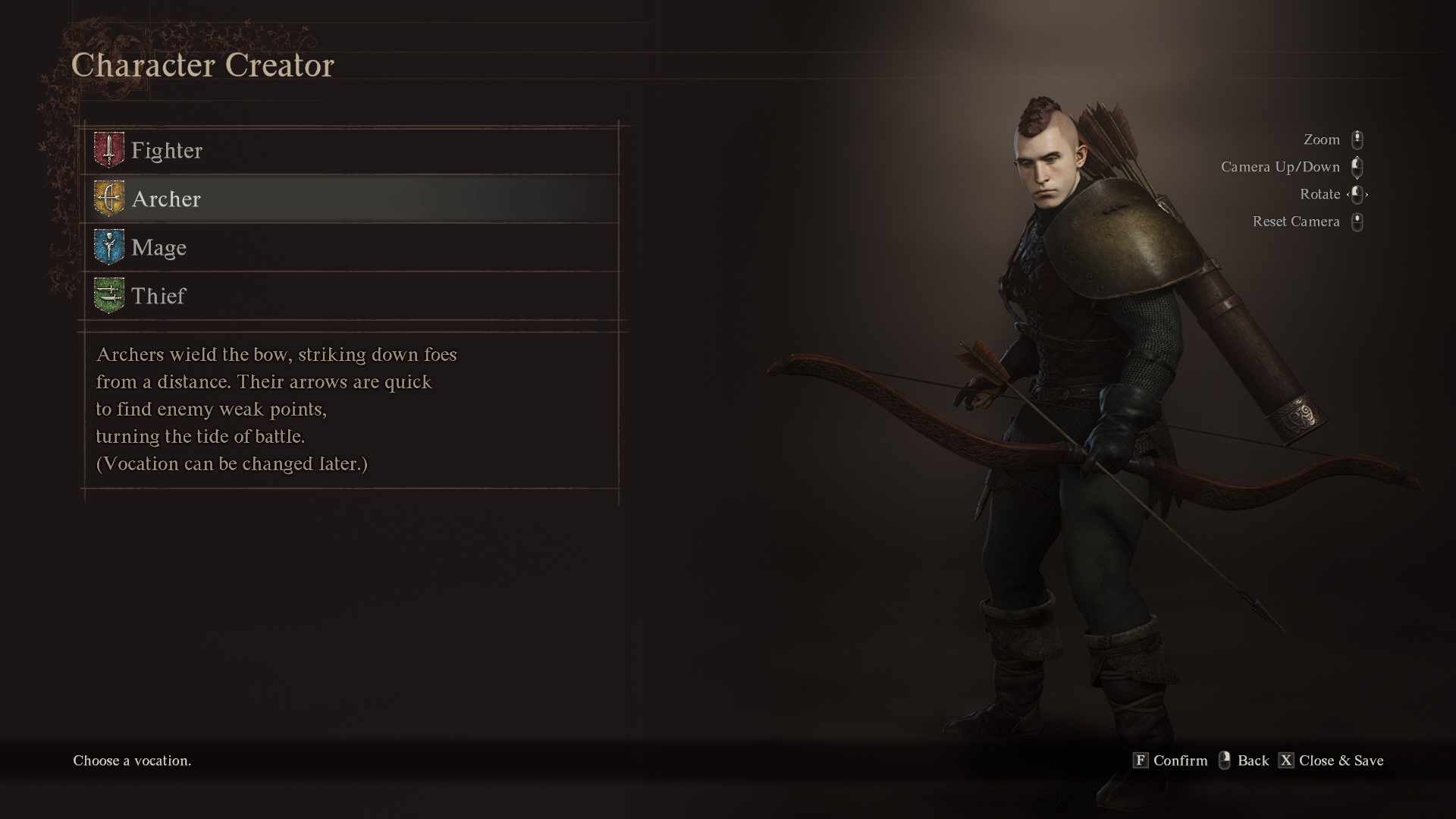
The Archer is perfect for Arisen or Pawns who want to shoot ranged arrows at a distance and provide burst damage.
Wielding a bow, the Archer’s basic vocation emphasizes range damage over melee. The Archer can also offer support and group utility to your party. The weapon skill Casade Shot shoots many fire areas and provides consequential area-based damage with multiple kills, which is necessary. The downside of the Archer is weaker defensive capabilities and the constant requirement of players or pawns to strafe and keep targets at a distance.
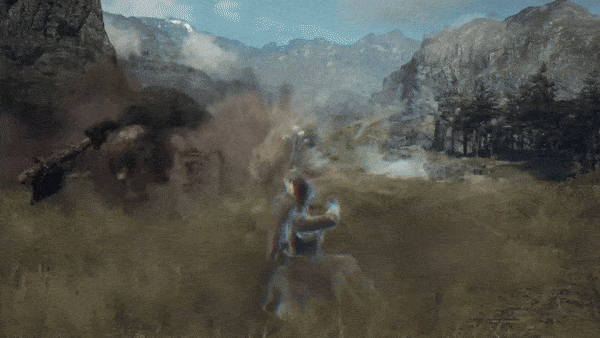
In Dragon’s Dogma 2, it’s wise to have a party composition with a tank, support, and different types of damage. The Archer makes a great Pawn that can shoot at range, avoid damage, and provide area-based damage when needed.
The following is a list of the pros and cons of the Archer Vocation (Class) in our DD2:
| Pros | Cons |
|---|---|
| High Damage | Lower Survivability |
| Increased Mobility | Constant Movement |
| Range Crowd-Control | Locked Into Range |
Mage
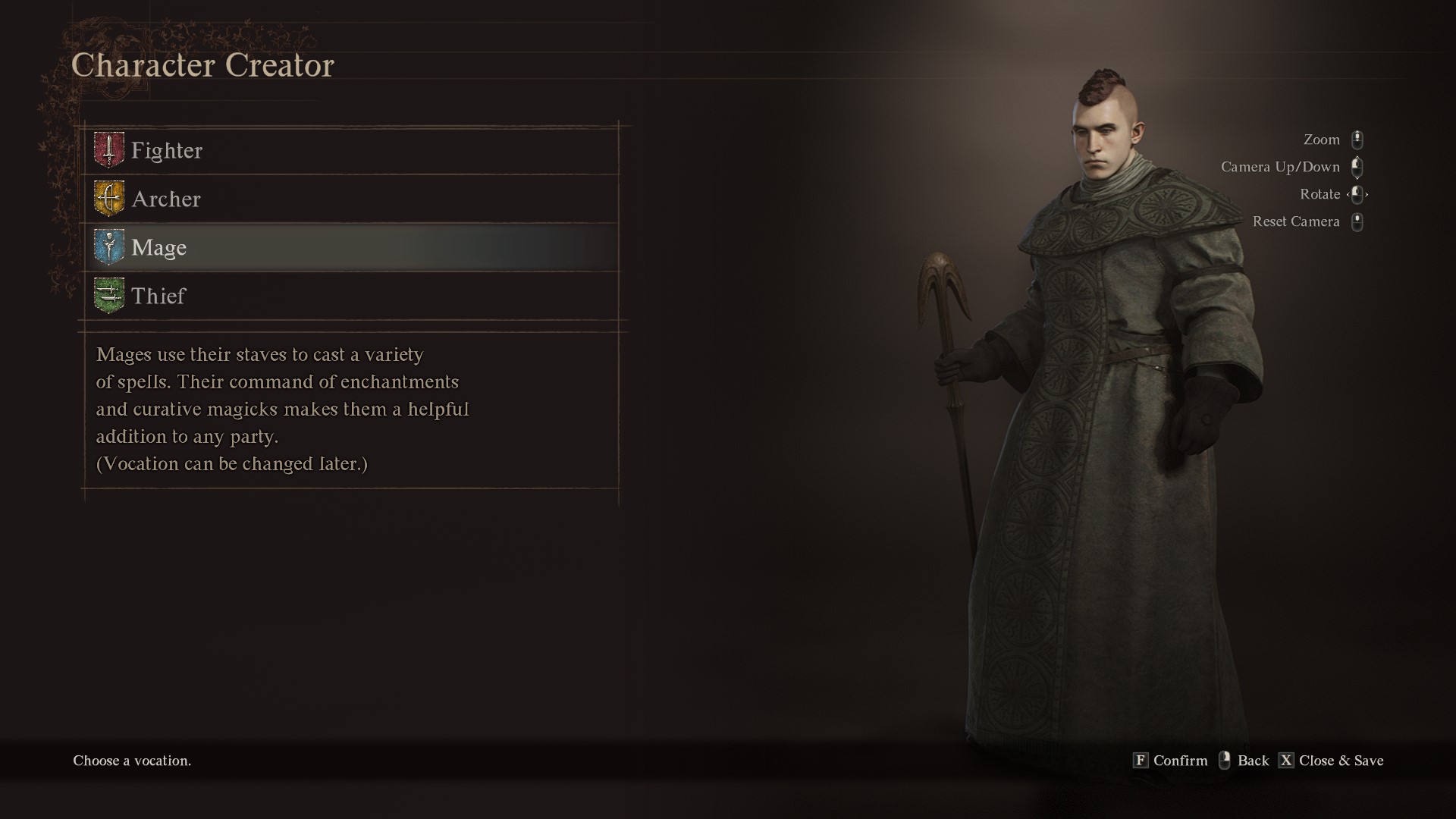
The Mage is the second-best basic vocation (class) to select in Dragon’s Dogma 2 because it can heal and support the party.
Unlike Dragon’s Dogma 1, healing is limited to resting at Inns, campfires, and some consumables. Therefore, the Mage skill, Anodyne, becomes one of the strongest in the game of DD2. Conjures a magickal curative sigil that recovers the health of the caster and their allies when in contact with it. With healing and ranged damage capabilities, we recommend that every party bring a Mage on their adventure.
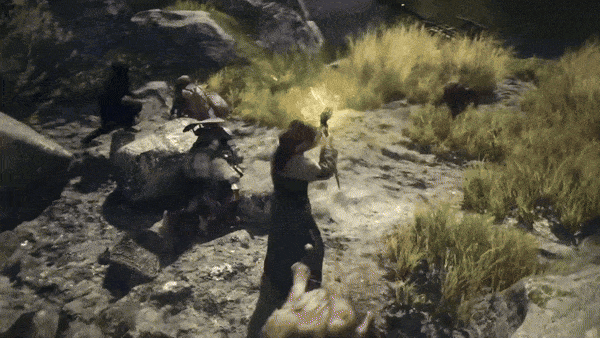
The downside of the Mage is vulnerability while casting. You can be interrupted by attack and often need a Fighter to protect you and provide powerful support and damage spells. Moreover, there is a constant balancing act between your resource pool, and it can be a tough class to play with lower defensive stats and require more advanced gameplay. However, this vocation is recommended for any party in DD2.
The following is a list of the pros and cons of the Mage Vocation (Class) in our DD2:
| Pros | Cons |
|---|---|
| Healing Spell | Weak Survivability |
| Weapon Elemental Buff | Vulnerable While Casting |
| Increase Party Speed | Advanced Gameplay |
Thief
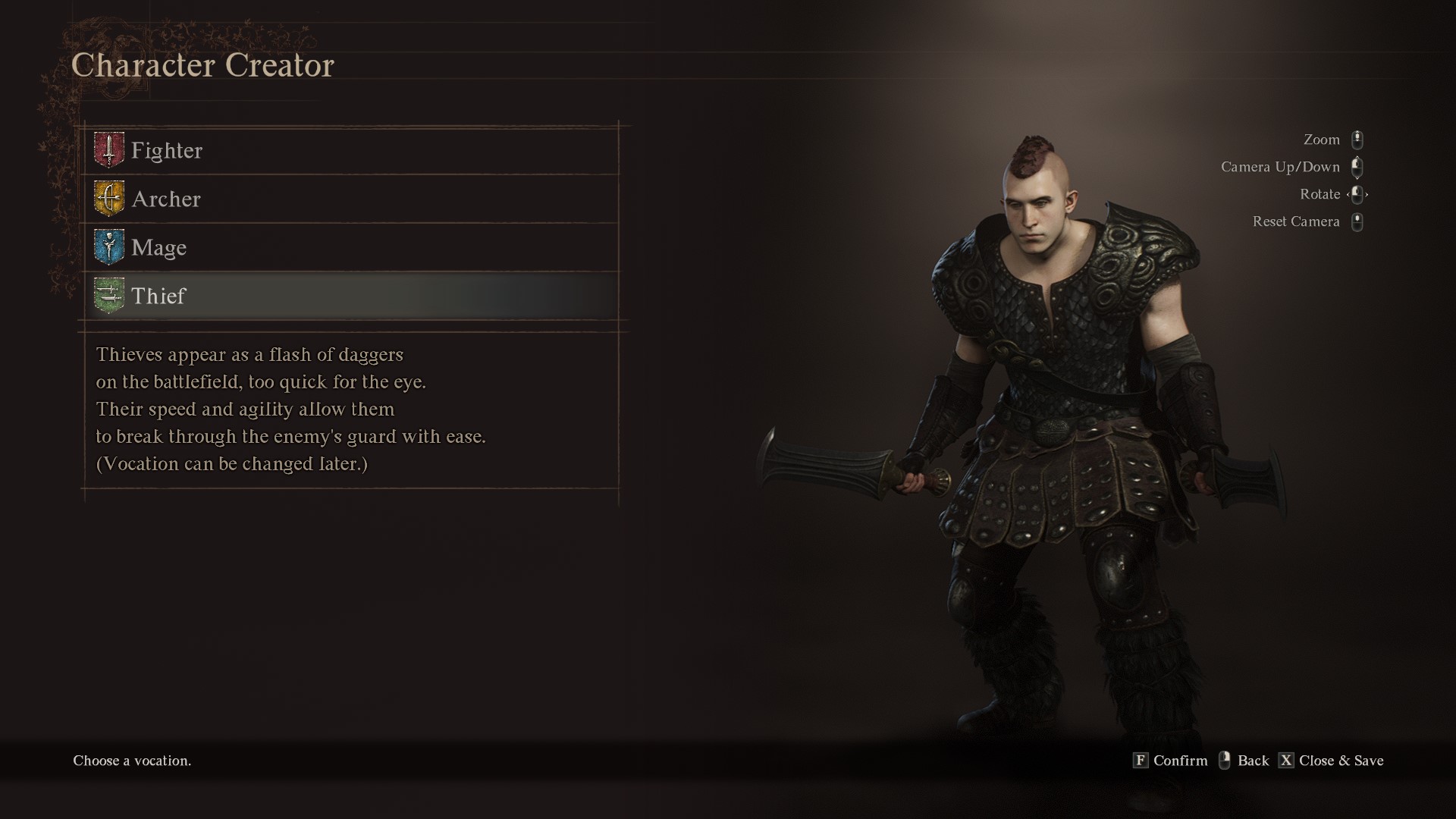
The Thief Vocation is for players who value burst damage with dual daggers at the expense of survivability and range.
In Dragon’s Dogma 1, this vocation was called the Strider but has now been split into two, emphasizing melee damage. The Thief basic vocation in Dragon’s Dogma 2 is speedy, attempting to attack from the rear to burst the enemies down. While DD2 has no stealth mechanics, the Thief can use the skill Shadow Cloak to render themselves challenging to see, along with a smoke screen that causes enemies’ blindness. Therefore, select the Thief if you enjoy melee stealth and assassin-type gameplay.
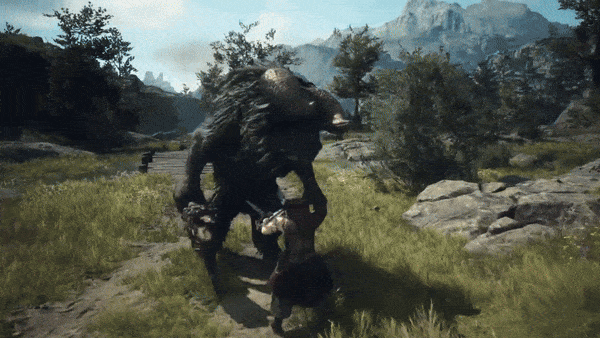
The weakness of the Thief is a lack of range and being susceptible to melee damage while attacking. Like the Archer, you won’t have the same level of survivability as the Fighter and must pick your attack position carefully. Lastly, you lack in the area damage (AOE) department and focus more on single-target damage.
The following is a list of the pros and cons of the Thief Vocation (Class) in our DD2:
| Pros | Cons |
|---|---|
| Great Mobility | Weak Area Damage |
| Weak Point Exploitation | No Range |
| Single Target Damage | Lower Defensives |
Sorcerer
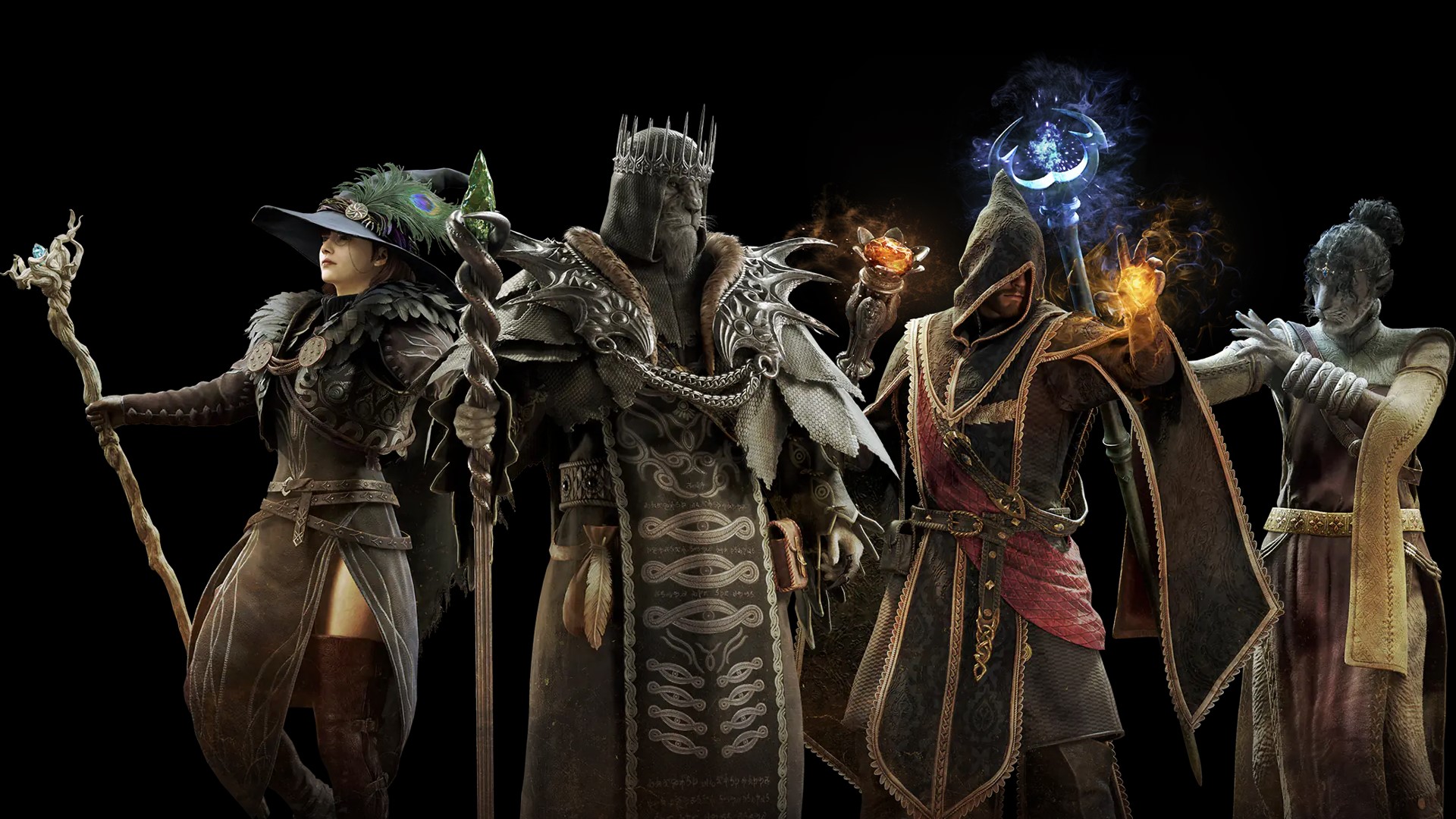
The Sorcerer is the best high-damage spellcasting advance vocation in Dragon’s Dogma 2.
Channeling powerful magick through a large staff, you do fantastic damage at the range, especially in a large area. The Sorcerer is a balancing act between resource pools, using magick and stamina to feed spell casting. Your gameplay is a constant ebb and flow, ensuring you have enough to escape melee combat but also sufficient to cast magick spells. The Salamander spell conjures a slithering salamander, dealing flame damage to any target it touches. This is just one of many powerful damage spells at your disposal.
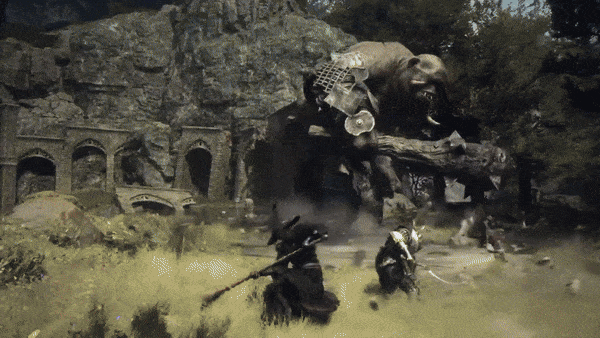
The weakness of the Sorcerer is long cast times and lower survivability. This class is an excellent choice for players who have experience playing “squishy” range damage dealers in other RPGs and understand that power and damage come with a cost. Regardless, every party will want their group’s high-damage advance vocation.
The following is a list of the pros and cons of the Sorcerer Vocation (Class) in our DD2:
| Pros | Cons |
|---|---|
| Best Damage | Longer Cast Times |
| Long Range | Weak Up Close |
| Self-Healing | Less Support Spells |
Warrior
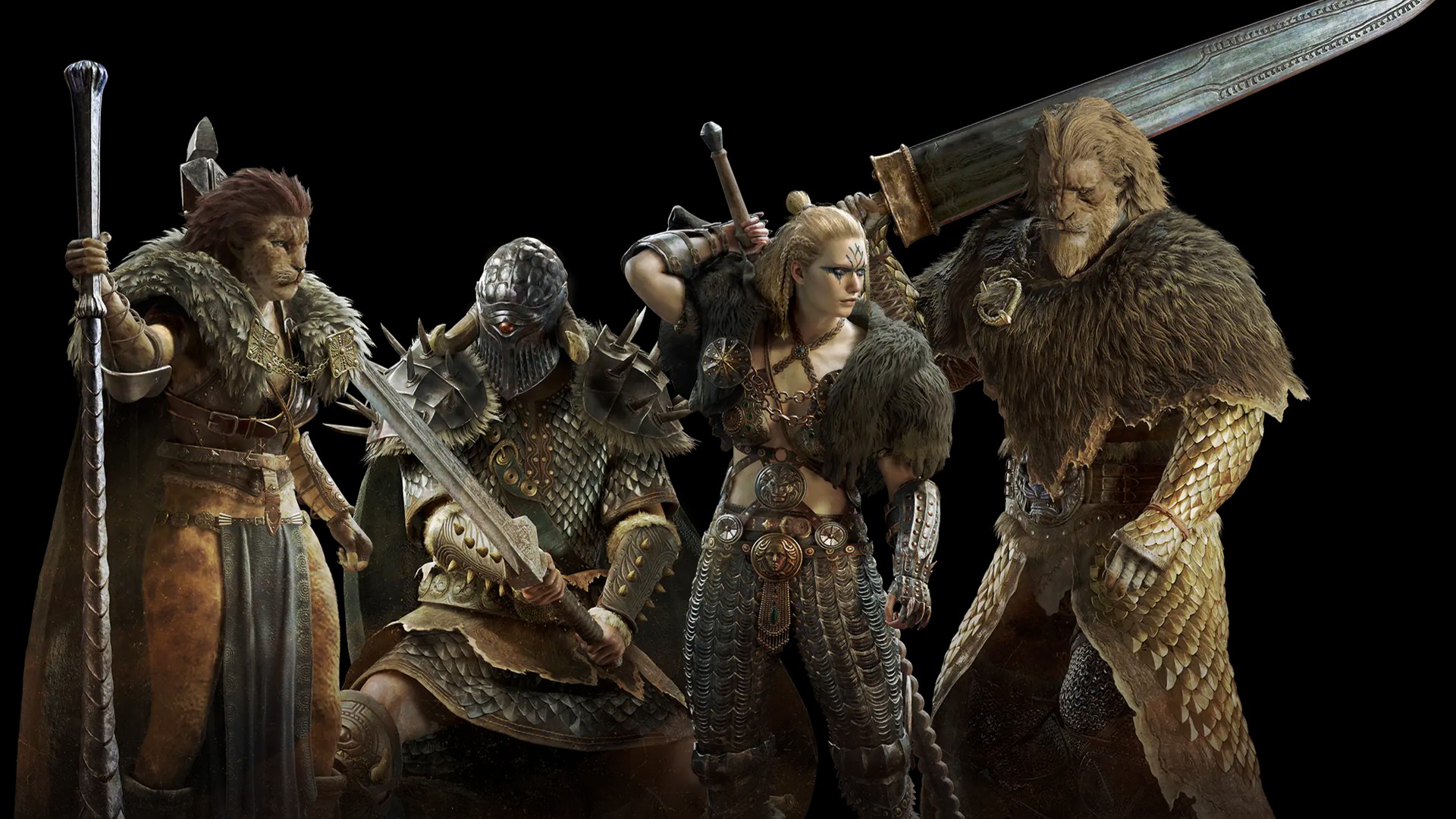
The Warrior is an advanced vocation known for two-handed greatswords and hammers striking with massive damage.
The Warrior is a tremendous vocation or class for players wanting a Barbarian gameplay style emphasizing high burst but long animation strikes with giant weapons. In Dragon’s Dogma 2, the Warrior has increased survivability with a skill like Revivify. It gives the user a second wind, curing them of some debilitations (caught fire, frostbite, sleep, silence, and unconscious). Moreover, you can shout and draw the attention of hostile enemies with a Bellow skill similar to the Fighter.
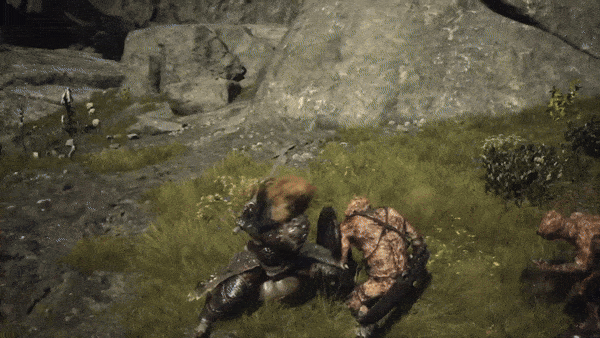
The downside of the Warrior is the attack animations are long, requiring you to time your gameplay ideally to avoid damage. The skill cap for this vocation is high, but it has been buffed to accommodate the high-risk reward style.
The following is a list of the pros and cons of the Warrior Vocation (Class) in our DD2:
| Pros | Cons |
|---|---|
| High Damage | Lower Mobility |
| Crowd Control | Weak Range |
| Area and Single Target | Long Animations |
Magick Archer
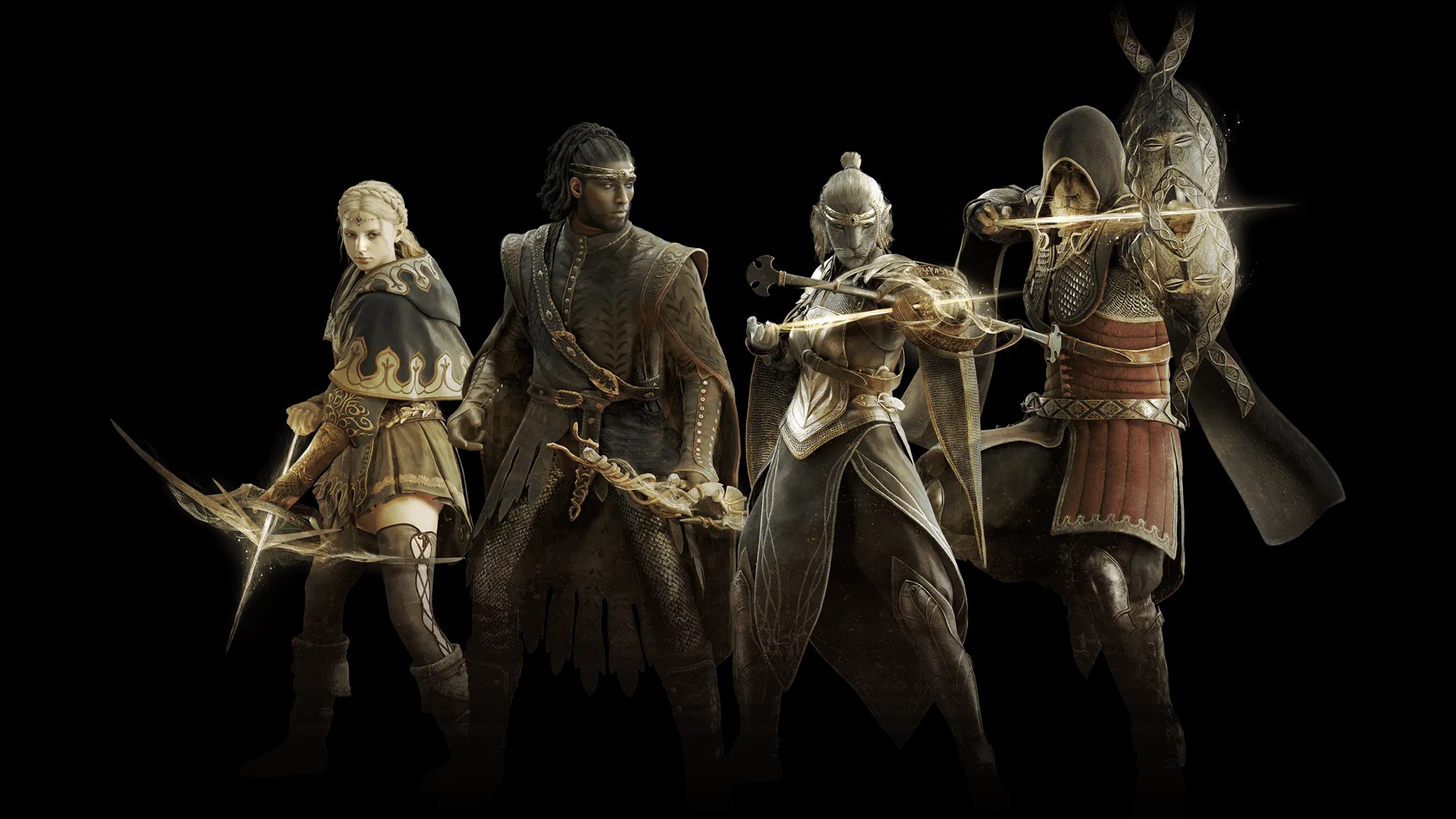
If you want a range of damage-dealing vocations that can heal and support, the Magick Archer is your best choice.
You use a combination of magickal arrows and support spells at range, making this vocation a genuinely unique experience. The advantage of using arrows is a lower emphasis on long animation cast time, thus giving you the option to do damage on the move. Moreover, healing spells will be precious in Dragon’s Dogma 2, and any party member who can support the team will be wanted.
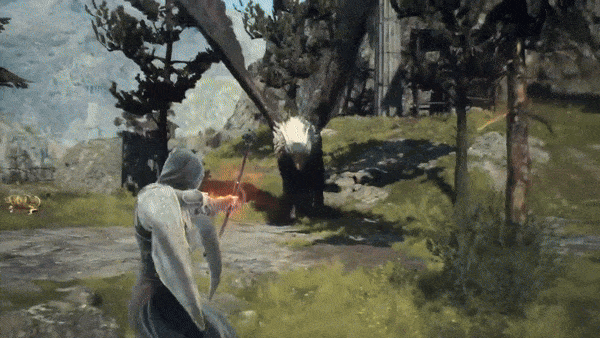
The weakness of the Magick Archer is the lack of single-target damage. This vocation emphasizes area damage over a single target burst. Moreover, you won’t have the most damage and possibly the most support either. Thus, you play a hybrid build with a good blend of support and damage. We suggest this vocation if you want something different at range but enjoy supporting your party.
The following is a list of the pros and cons of the Magick Archer Vocation (Class) in our DD2:
| Pros | Cons |
|---|---|
| Support Spells | Lower Damage |
| Range Damage | Weaker Mobility |
| Healing | Lacks Single Target |
Mystic Spearhand

With the Mystic Spearhand Advanced Vocation, you can balance magick and martial damage, making it a great choice if you want to damage at any range.
Using a Duospear, you combine melee and magick to control enemies and keep yourself alive. One weapon skill, Wild Fury, creates a shadowy double that attacks alongside you, the player. You can throw your spear, knock enemies away, or draw them closer, giving you the ultimate control over the battlefield.
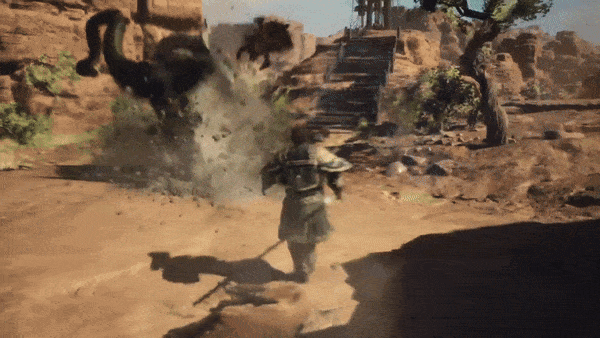
The weakness of the Mystic Spearhand is you are the jack-of-all-trades but master of none. This means you excel at any range, though other classes might have better bursts in melee or spells at range. However, the versatility and balance make the Mystic Spearhand an excellent selection for folks who want flexibility in their builds.
The following is a list of the pros and cons of the Mystic Spearhand Vocation (Class) in our DD2:
| Pros | Cons |
|---|---|
| Any Range | Master of None |
| Balanced | Weak Defensive Skills |
| Crowd Control | Lacks Group Utility |
Trickster
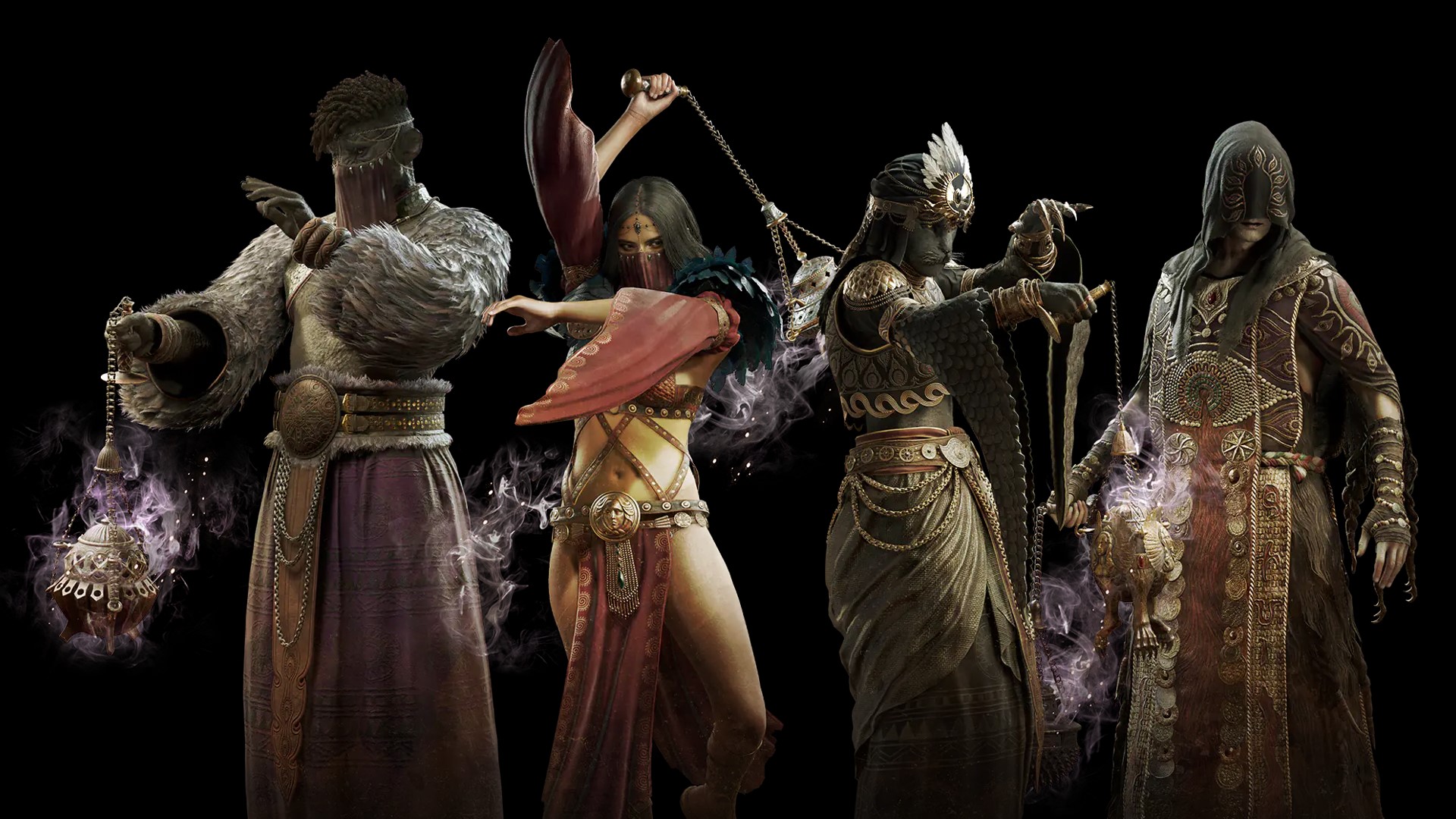
If you enjoy classes and vocations focusing on deception, illusions, and counters, the Trickster advance vocation is for you.
Using the unique weapon, the Censer, you conjure spells through smoke, tricking your enemies into fighting each other! Moreover, the Trickster has the power to buff the party with the skill of Aromatic Resurgence. It buffs your active party temporarily, causing them to do much more direct damage. The combination of conjuration, illusions, and support makes the Trickster a unique and powerful advanced support vocation.
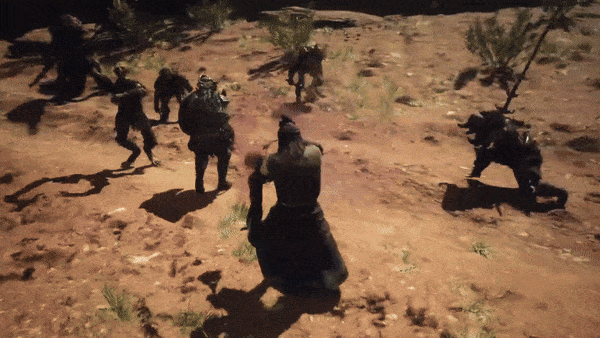
The weakness of the Trickster is the lack of damage and difficulty in creating complex illusions and spells. Moreover, you will be vulnerable while casting, thus requiring advanced gameplay knowledge and movement. However, you can pick up this advanced vocation if you enjoy support and want to provide your party with buffs.
The following is a list of the pros and cons of the Trickster Vocation (Class) in our DD2:
| Pros | Cons |
|---|---|
| Support Spells | Little Damage |
| Crowd Control | Difficult Gameplay |
| Scouting | Just Support Vocation |
Warfarer
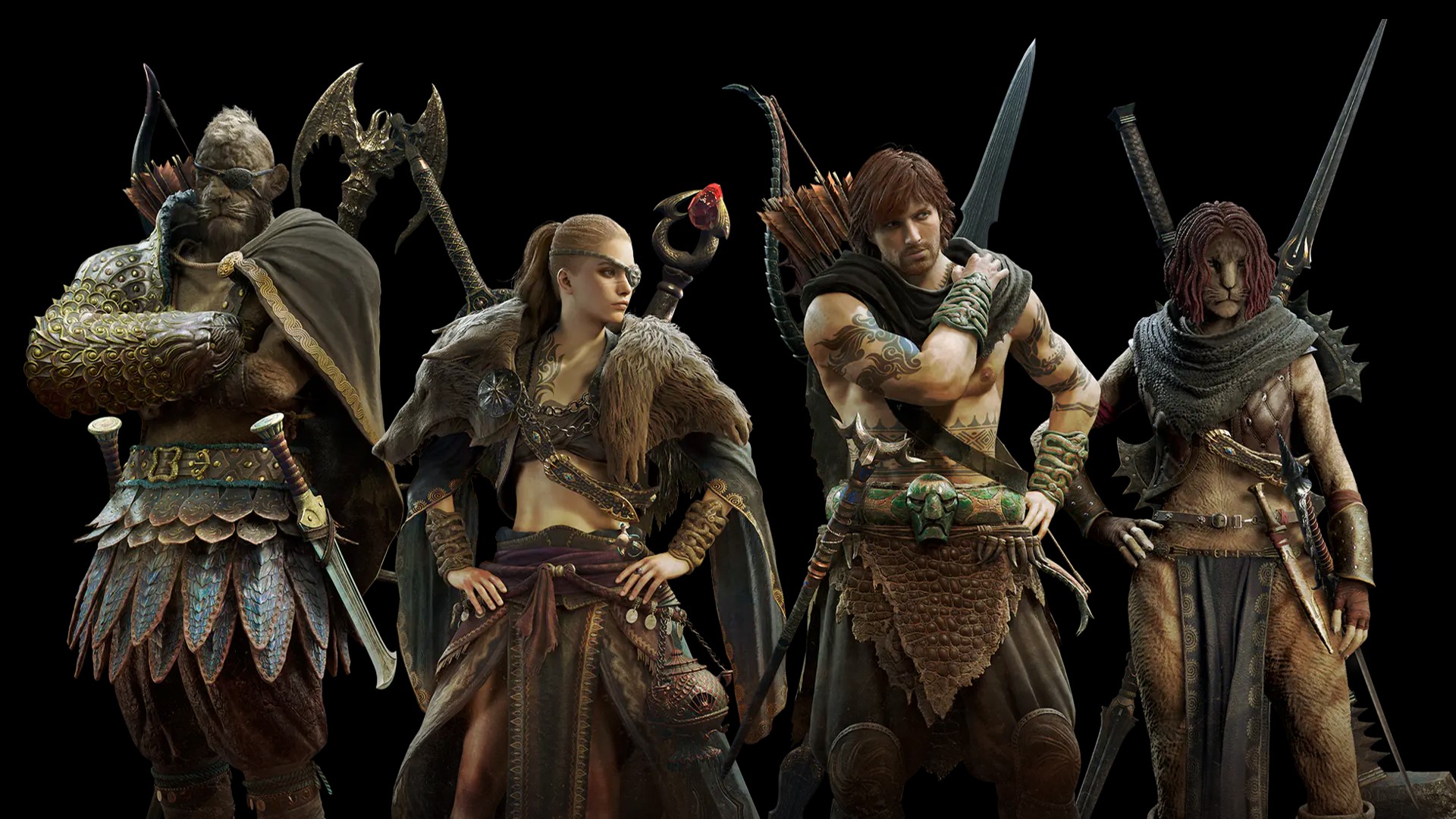
What makes the Warfarer unique is that this new vocation can use any weapon type, giving it diversity on the battlefield.
Like the Mystic Spearhand, you can choose which range you engage enemies in. The Warfarer vocation emphasizes other weapon skills vs. having their own unique vocation skills. Thus, you can mix and match your favorite weapon types and skills to create a truly unique experience in Dragon’s Dogma 2. Therefore, Warfarer is the ultimate vocation for those looking to build freedom within the game.
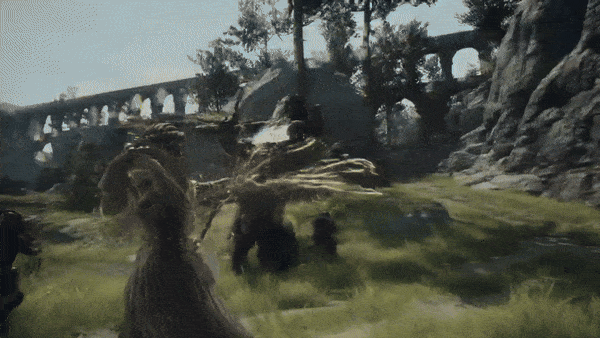
The downside of the Warferer is you are giving lower base stats than other vocations. Having all that freedom comes with a price, and lower base stats mean less effectiveness in combat than others. Moreover, you must carefully pick weapons and skills to match your party or the situation’s needs to make an effective build. However, the upside is that you, the Arisen, can choose the perfect setup for your build.
The following is a list of the pros and cons of the Warfarer Vocation (Class) in our DD2:
| Pros | Cons |
|---|---|
| Weapon Freedom | Lower Stats |
| Customize Build | Complex Gameplay |
| Most Versatile of All | Requires Tons of Knowledge |
Are Vocations (Classes) Gender Locked?
In Dragon’s Dogma 2, players have the freedom to choose the gender of their Arisen (player character) and Pawns (companions) regardless of the vocation class selected. Whether you opt for a female or male character, you can freely explore and engage in any vocation class available in the game. This inclusivity extends to all aspects of gameplay, ensuring that players can fully immerse themselves in the world of Dragon’s Dogma 2 without any gender restrictions impacting their choices or experiences.
Looking For More About Dragon’s Dogma 2 (DD2)?
Thank you for reading Dragon’s Dogma 2: Which Vocation (Class) Should You Play Article. We provide the latest news and create guides for Dune, Baldur’s Gate 3, Destiny 2, and ESO. Also, watch me play games on Twitch or visit my YouTube channel!
 Reddit
Reddit
 Email
Email


